2023 Annual Scientific Meeting Lecture Recordings
Supporting Mental Health in Neurogenic Communication Disorders
Recordings Available: February 19, 2024
Recordings Expire: December 31, 2024
Order Now
Lecture: Navigating Mental Health in Speech-Language Pathology Practice
Speakers: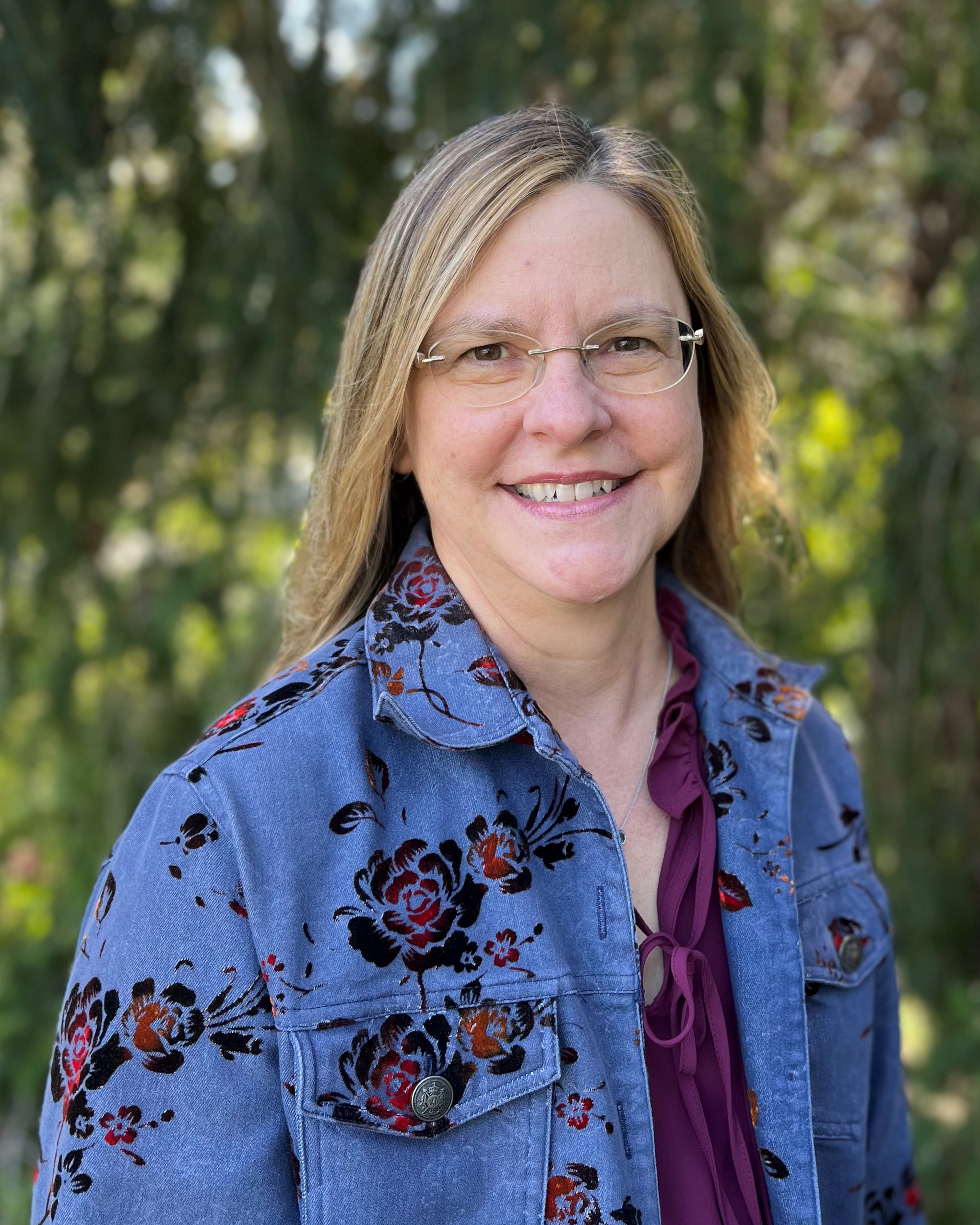
Carolyn Baylor, Ph.D., CCC-SLP
University of Washington
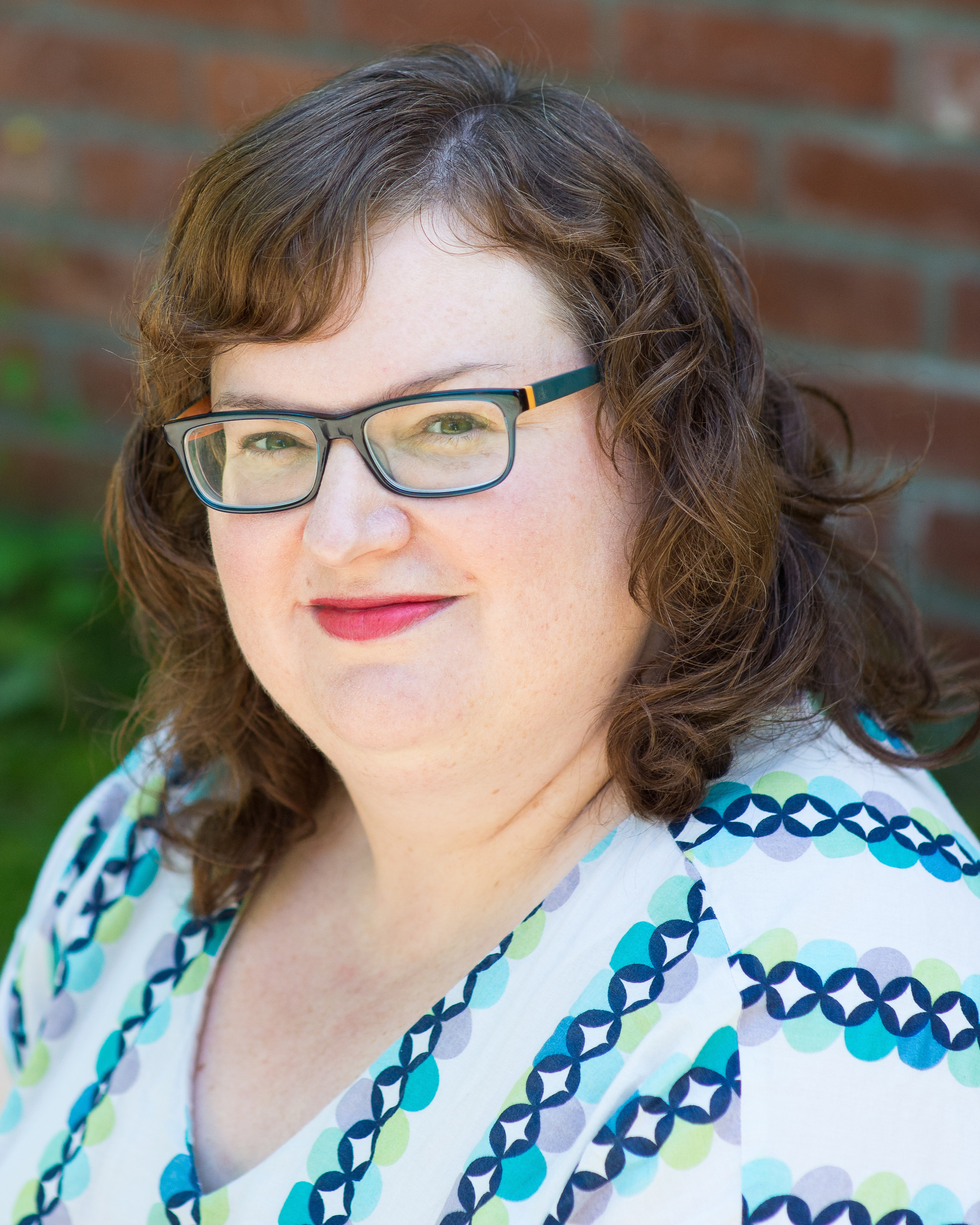
Rebecca Hunting Pompon, Ph.D.
University of Delaware
Abstract: Few speech-language pathologists (SLPs) consider themselves equipped to address the pervasive mental health challenges of many clients with acquired communication impairments. In this presentation, we will discuss related mental health evidence to date, assessment of mental health and psychosocial experiences, ways to integrate related findings into clinical activities, and research now underway on clinical assessment of mental health and communicative participation.
Objectives:
The learner will be able to:
- Describe the prevalence and impact of mental health challenges for adults with acquired communication impairments.
- Demonstrate methods to assess mental health and psychosocial experiences.
- Describe research underway to support new approaches to clinical assessment of mental health in the context of communicative participation.
Speaker Bios: Carolyn Baylor, Ph.D., CCC-SLP, is an Associate Professor and Co-Director of the PhD Program in Rehabilitation Science, Department of Rehabilitation Medicine; and Adjunct Associate Professor, Department of Speech and Hearing Sciences at the University of Washington. Her research program includes qualitative and quantitative work related to person-reported outcomes, as well as communicative participation and treatment outcomes for adults with acquired communication disorders.
Rebecca Hunting Pompon, Ph.D., is an Assistant Professor in the Communication Sciences and Disorders department and Director of the Aphasia and Rehabilitation Outcomes Lab at the University of Delaware. She has a clinical background in adult mental health and counseling. Her research focuses on aphasia, its rehabilitation, and the influence of psychosocial factors on aphasia treatment outcomes. She trains clinicians in counseling skills and interpersonal communication strategies.
Speaker Disclosures:
Carolyn Baylor, Ph.D., CCC-SLP
Financial: Dr. Baylor receives a salary from the University of Washington. She has received grant funding from NIH/NIDCD.
Non-Financial: Dr. Baylor has no relevant non-financial disclosures.
Rebecca Hunting Pompon, Ph.D.
Financial: Dr. Pompon receives a salary from the University of Delaware. She receives royalties from MedbridgeEducation.com.
Non-Financial: Dr. Pompon is on the editorial board for the Aphasiology journal. She is an advisory board member for the National Aphasia Association.
Lecture: Counseling+ Activities to Promote the Independence of Adults At-Risk for Dementia from Alzheimer's Disease
Speaker: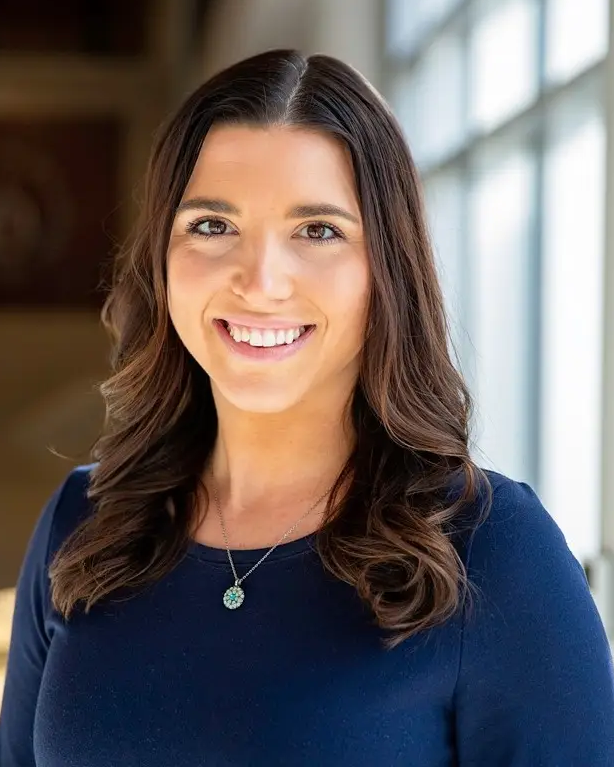
Alyssa M. Lanzi, Ph.D., CCC-SLP
University of Delaware
Abstract: As the number of individuals living with dementia from Alzheimer’s disease continues to increase, there is a need for lifestyle approaches that are focused on prevention and wellness in older adults at-risk for dementia. This presentation will provide an overview of counseling+ activities that can be delivered by healthcare professionals to support older adults at-risk for dementia. Counseling+ activities go beyond traditional assessment and treatment approaches and focus on counseling, collaboration, prevention, and wellness. This presentation will describe research investigating risk factors for dementia and lifestyle approaches for older adults. Recommendations will be provided for researchers and clinicians to support their delivery of counseling+ activities alongside traditional assessment and treatment approaches for adults with mild cognitive impairment from Alzheimer’s disease.
Objectives:
The learner will be able to:
- Describe differences between mild cognitive impairment, dementia, and Alzheimer’s disease.
- Describe modifiable risk factors and lifestyle approaches for adults at-risk for dementia.
- Describe strategies for counseling participants at-risk for dementia from Alzheimer’s disease.
Speaker Bio: Alyssa M. Lanzi, Ph.D., CCC-SLP, is a speech-language pathologist and Research Assistant Professor in the Department of Communication Sciences and Disorders at the University of Delaware. She is also on the executive committee for the Delaware Center for Cognitive Aging Research. She has received grants from the National Institutes of Health to investigate the effects of an intervention designed to improve the independence of older adults at risk for dementia and to develop a database to study the language and cognitive skills of individuals with dementia. She has published research articles investigating person-centered approaches for individuals with mild cognitive impairment and dementia and prioritizes the implementation and dissemination of evidence-based practice to practicing health professionals.
Speaker Disclosures:
Financial: Dr. Lanzi receives a salary from the University of Delaware. She is the PI of a grant from the National Institute on Aging: NIH/NIA 1K23AG070185-01, Promoting Independence with Compensatory Cognitive Rehabilitation: A Pilot Clinical Trial for Early-Stage Alzheimer’s Disease; and the PI of grants from the National Institute on Aging related to DementiaBank.
Non-Financial: Dr. Lanzi is an Executive Committee Member of the Delaware Center for Cognitive Aging (DECCAR). She is also a Governing Board member of TalkBank.
Lecture: Empowering Self-determination and Motivation in ABI Rehabilitation: Motivational Interviewing and Related Techniques
Speaker: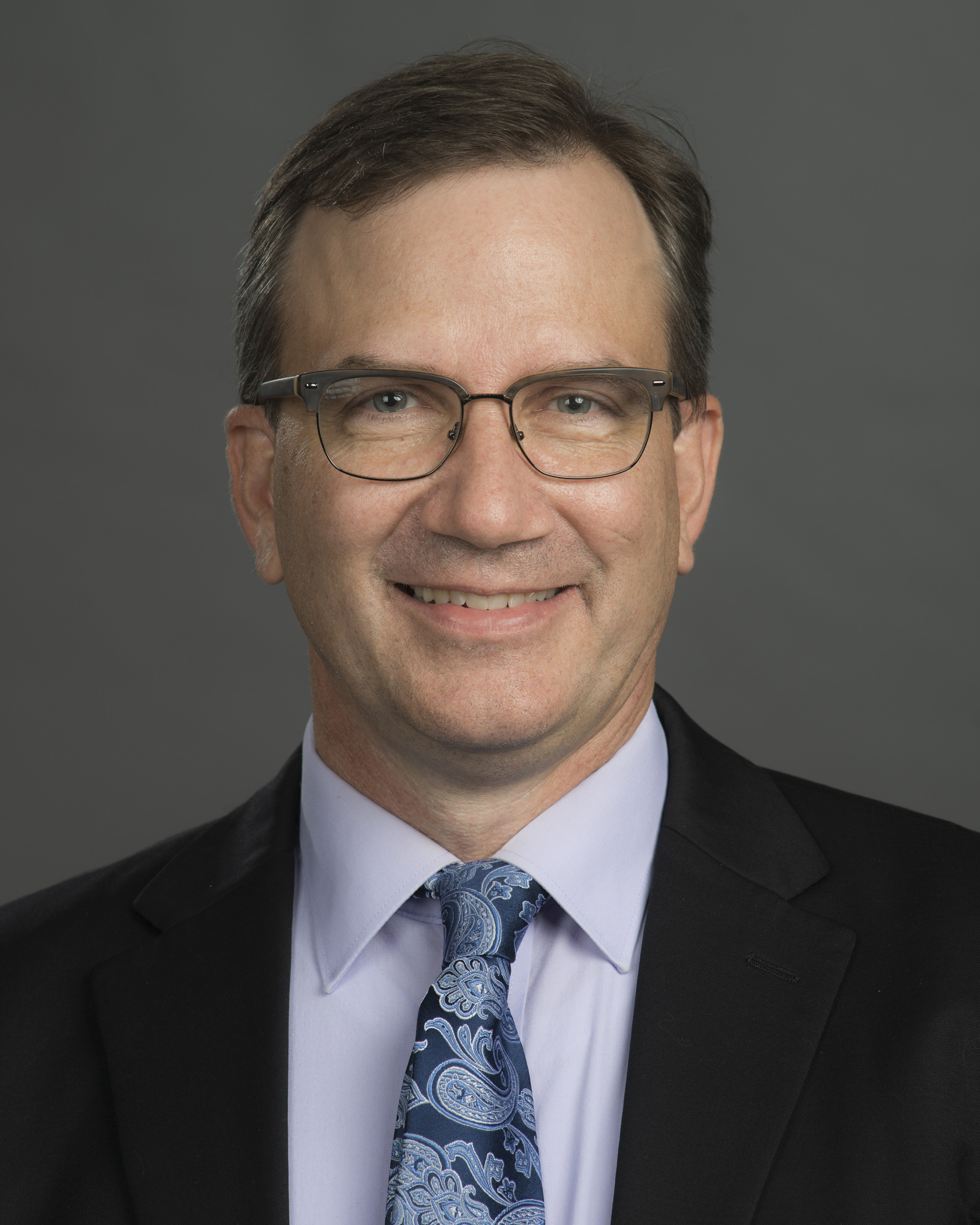
Jerry K. Hoepner, Ph.D., CCC-SLP
University of Wisconsin - Eau Claire
Abstract: This presentation will address the principles and techniques of motivational interviewing (MI), applied to brain injury rehabilitation. Attendees will learn about self-determination theory and its relevance to self-assessment and self-regulation. This includes discussion of core MI steps and techniques. We will explore solutions focused brief therapy techniques to reflect on what is possible.
Objectives:
The learner will be able to:
- Identify the underlying theories associated with self-determination and motivation.
- Identify the core steps of motivational interviewing.
- Identify each of the core OARS techniques of motivational interviewing.
- Identify applications of motivational interviewing to awareness and self-regulation interventions.
Speaker Bio: Dr. Jerry Hoepner is a Professor at the University of Wisconsin - Eau Claire in the department of Communication Sciences and Disorders. He teaches courses in anatomy and physiology, neuroanatomy and neurophysiology, acquired cognitive communication disorders, dysphagia, and counseling. Dr. Hoepner co-facilitates the Blugold Brain Injury Group, Mayo Brain Injury Group, Thursday Night Poets, and Chippewa Valley Aphasia Camp. His research addresses video self-modeling interventions for individuals with cognitive communication disorders, project-based interventions, aphasia camp outcomes, motivational interviewing, counseling methods and training, undergraduate research outcomes, course-embedded clinical experiences, and instructional pedagogies. He is a co-founder of the Teaching and Learning in Communication Sciences and Disorders journal. In 2022, he co-founded the ASHA SIG 20 for counseling. Dr. Hoepner is the coauthor of “Clinical Neuroscience for Communication Disorders: Neuroanatomy and Neurophysiology” by Plural Publishing. In 2018, he received the University of Wisconsin - Eau Claire, Excellence in Mentoring in Research, Scholarship, and Creative activity. In 2020, he received the University of Wisconsin Systems Regent’s Teaching Excellence Award. In 2021, he was awarded Fellow of the American Speech-Language Hearing Association. In 2023, he received the Council of Academic Programs in Communication Sciences and Disorders Distinguished Contribution Award for enriching education in CSD.
Speaker Disclosures:
Financial: Dr. Hoepner receives royalties from Slack Publishing. He is receiving an honorarium from ANCDS for this presentation.
Non-Financial: Dr. Hoepner is the associate coordinator of the ASHA SIG 20 for counseling.
Lecture: Using Story to Support People with Aphasia in Moving Forward
Speaker: 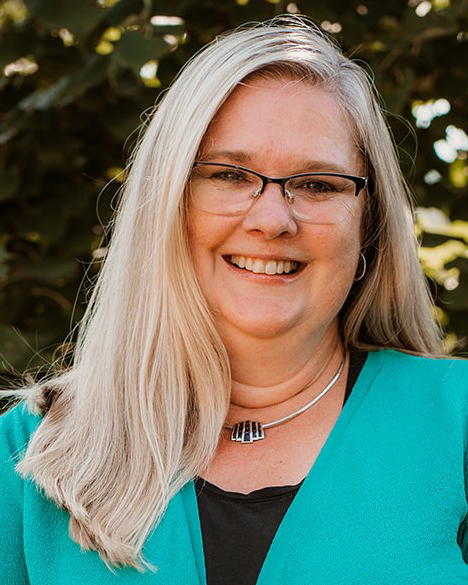
Katie Strong, Ph.D., CCC-SLP
Central Michigan University
Abstract: Life changes like stroke and aphasia threaten our sense of identity and place people with aphasia at risk for mental health issues. This course will explore how clinicians can use stories to support persons with aphasia in navigating who they are and will be. Literature linking identity and story will be reviewed. Evidence-based methods for story co-construction will be shared.
Objectives:
The learner will be able to:
- Describe the relationship between narrative and identity, and how both may be affected by a communication disorder which may also result in mental health issues.
- Describe the importance of therapeutic alliance and relationship in the clinical relationship as they relate to supporting stories with clients.
- Identify three evidence-based methods for incorporating narrative practices in treatment to support identity reconstruction in persons with aphasia.
Speaker Bio: Katie Strong, Ph.D., CCC-SLP, leads the Strong Story Lab at Central Michigan University where she explores how clinicians can support people with aphasia rebuild their identity by co-constructing stories about who they are. She is deeply committed to the Life Participation Approach to Aphasia and sees a critical need for supporting mental health and well-being of people impacted by living with aphasia and cognitive-communication disorders. Dr. Strong is a Tavistock Aphasia Scholar and an ASHA Fellow. She has trained teams in stakeholder-engaged research as a PCORI Funded Project BRIDGE Midwest Regional Coordinator and is currently a member of the Friendship and Aphasia Team which has a research agenda to increase social connectedness in persons living with aphasia. She has over 30 years of experience as a certified speech-language pathologist providing clinical services to individuals with acquired neurogenic communication disorders. Dr. Strong’s professional activities include: ANCDS Member, Council of Academic Programs in Communication Sciences and Disorders Board President-Elect, ASHA SIG 2 Coordinating Committee, ASHA Continuing Education Board Member, Michigan Speech-Language-Hearing Foundation Board Member, Virtual Connections for Aphasia Facilitator, and Aphasia Access Conversations Podcast Host.
Speaker Disclosures:
Financial: Dr. Strong receives a salary from Central Michigan University.
Non-Financial: Dr. Strong is a member of ANCDS. She is a facilitator of Virtual Connections for Aphasia. She is a member of the Podcast Working Group for Aphasia Access.
Lecture: Mental Health in Primary Progressive Aphasia: Psychosocial Factors and Counseling Approaches
Speaker: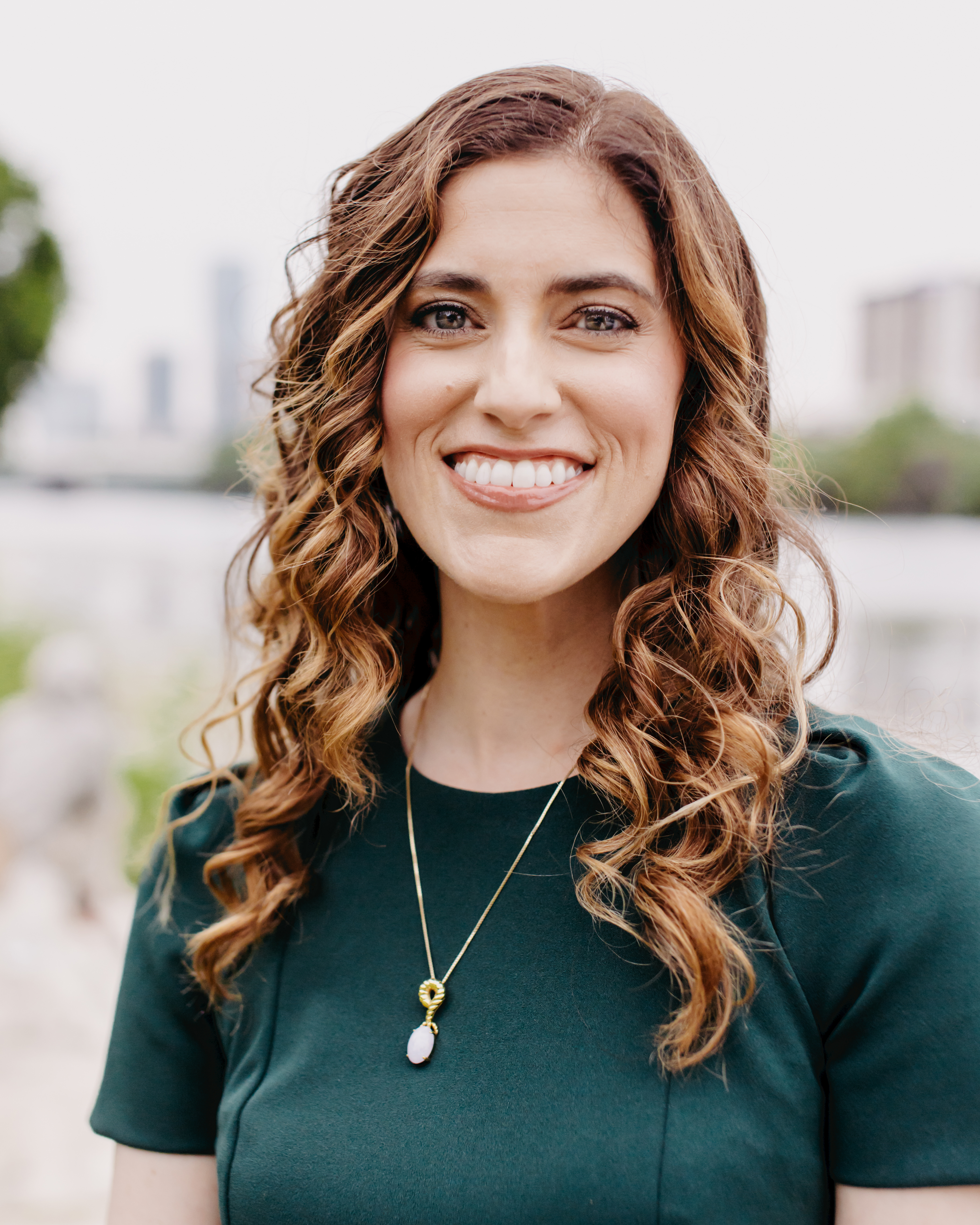
Kristin Schaffer Mendez, Ph.D., CCC-SLP
University of St. Augustine
Abstract: The presentation will start with an overview of the unique psychosocial/neuropsychiatric features of primary progressive aphasia. Dr. Schaffer Mendez will then briefly review existing literature in which these features are addressed through psychosocial approaches. From there, she will segue into a discussion about her person-centered and care-partner-inclusive counseling research in PPA. Finally, she will talk about future research directions and then invite questions.
Objectives:
The learner will be able to:
- Identify psychosocial and neuropsychiatric features of primary progressive aphasia.
- Describe evidence-based counseling approaches for individuals with primary progressive aphasia and their care partners.
- Compare existing literature in PPA psychosocial approaches with future research needs/directions.
Speaker Bio: Dr. Kristin Schaffer Mendez is a speech-language pathologist and Assistant Professor at the University of St. Augustine. Her research interests include examining and addressing psychosocial factors in primary progressive aphasia/aphasia through patient-centered and care partner-inclusive treatment paradigms. Dr. Schaffer Mendez's research focus is informed and inspired by her experience partnering with patients and families in several clinical settings, including home health, inpatient rehabilitation, and private practice.
Speaker Disclosures:
Financial: Dr. Schaffer Mendez is receiving an honorarium from ANCDS for this presentation. She has also received waived conference registration.
Non-Financial: Dr. Schaffer Mendez is an advocacy advisor on the PPA task force for the National Aphasia Association. She is also a member of the Aphasia Psychological Care Research Network working group.
Lecture: Moving Beyond Rapport: The Importance of Active Facilitation of Therapeutic Alliance In Adult ABI Rehabilitation
Speakers: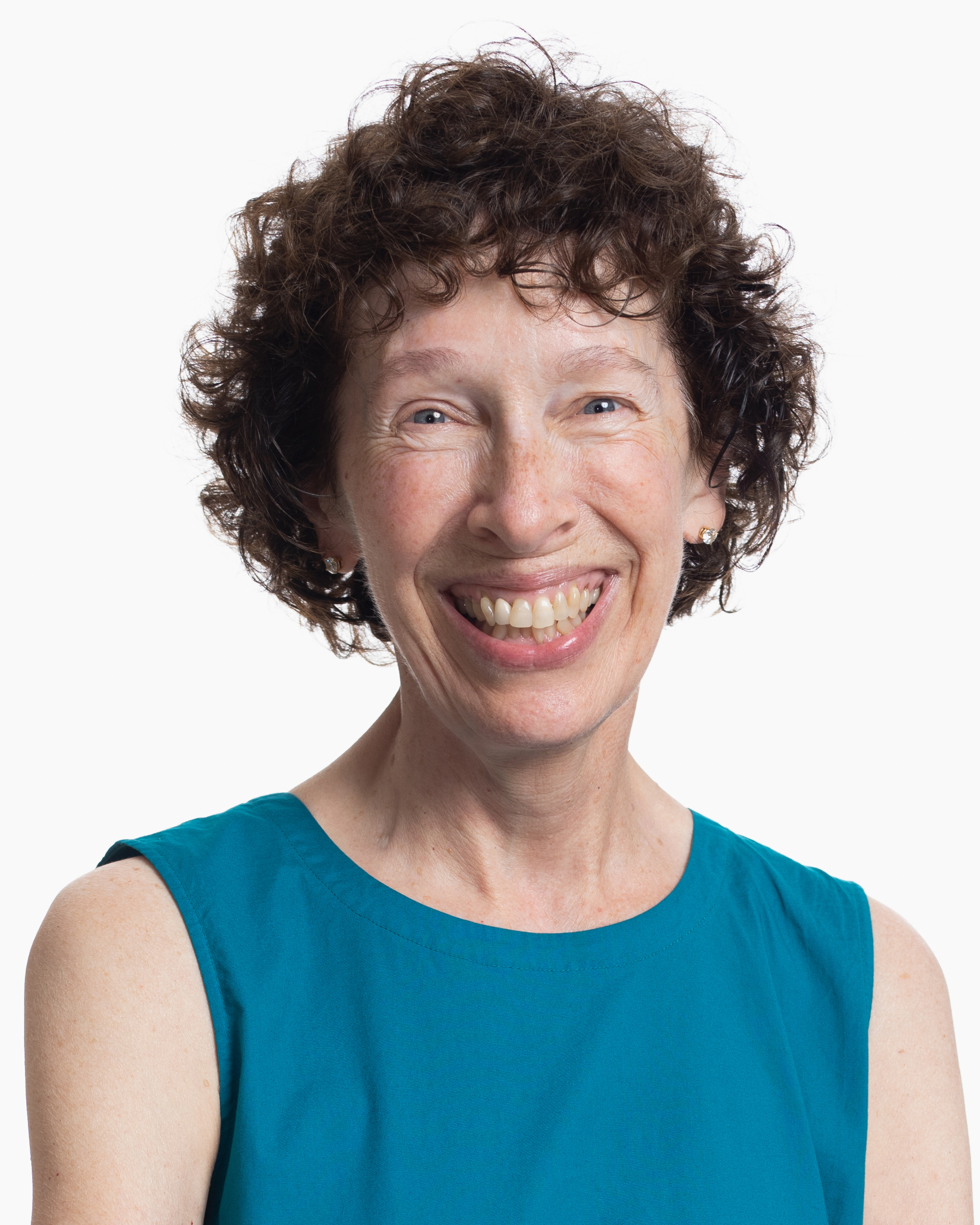
Therese M. O’Neil-Pirozzi, Sc.D.
Northeastern University
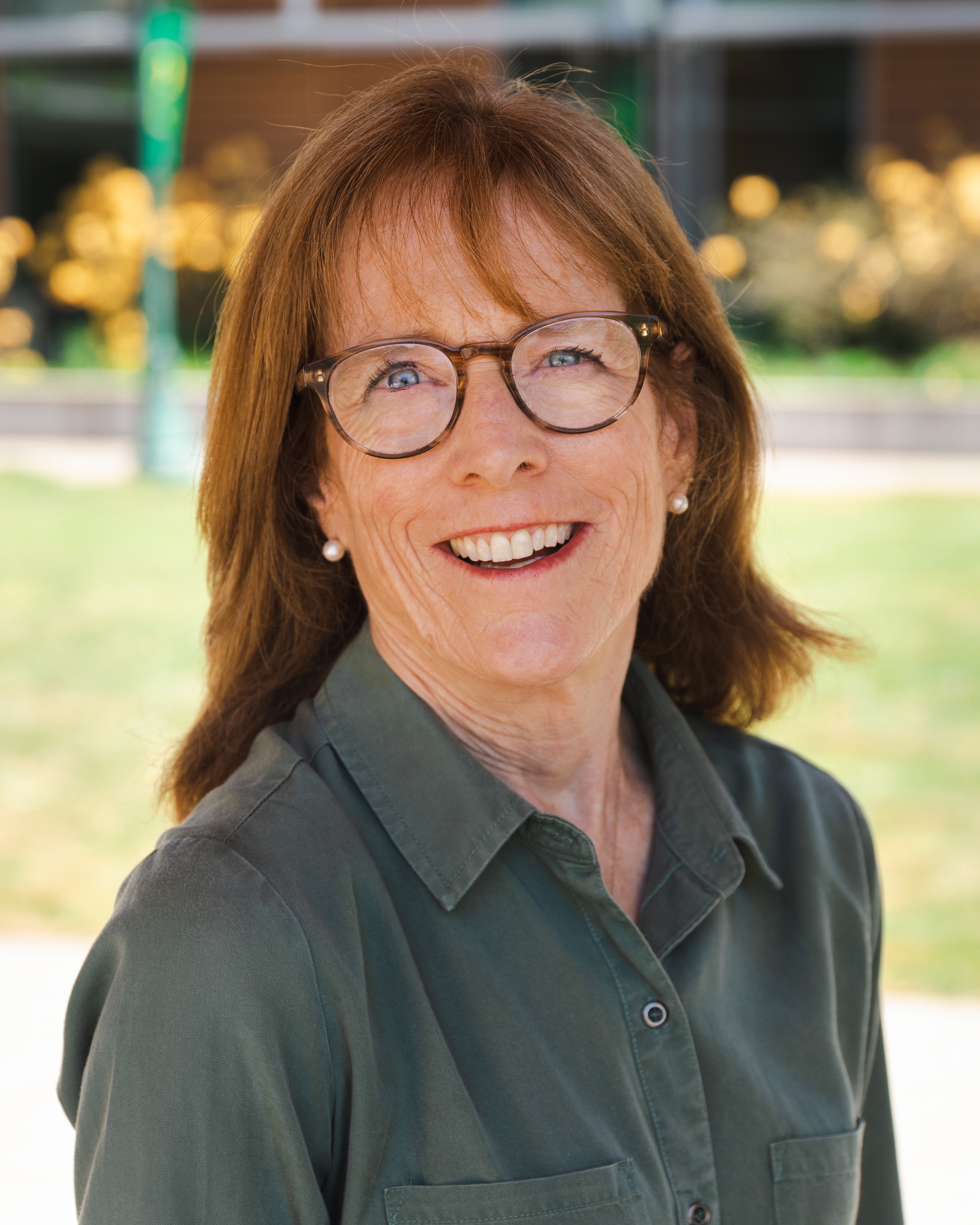
McKay Moore Sohlberg, Ph.D.
University of Oregon
Abstract: The importance of establishing rapport with patients is entrenched in our clinical practice. However, rapport may be considered a passive, clinician-generated interaction style of being friendly to make a connection, particularly at the beginning of a clinical relationship. This presentation describes the importance of going beyond rapport and establishing Therapeutic Alliance shown to have a direct impact on rehabilitation outcomes.
Objectives:
The learner will be able to:
- Define ‘therapeutic alliance’ and describe its importance to successful acquired brain injury (ABI) rehabilitation.
- Identify client AND clinician contributions to the achievement of therapeutic alliance.
- Discuss strategies they may utilize to facilitate therapeutic alliances with their clients.
Speaker Bios: Dr. Therese O’Neil-Pirozzi is an Associate Professor in the Department of Communication Sciences and Disorders at Northeastern University and is research faculty in the Spaulding Rehabilitation Hospital/Harvard Medical School Traumatic Brain Injury Model System in Boston, Massachusetts. Dr. O’Neil-Pirozzi is a skilled practicing SLP rehabilitation clinician and researcher who has worked with individuals with acquired brain injuries for more than 25 years. She is the author/co-author of numerous peer-reviewed publications, spanning a broad range of topics. She is a member of the ANCDS TBI Writing Committee.
Professor Sohlberg is known internationally for her pioneering work in the field of cognitive rehabilitation. Her research focuses on the development of treatments that help people with acquired brain injury manage cognitive impairments. Her work includes evaluating treatment protocols for individuals with persistent cognitive effects following concussive injuries, the design and evaluation of assistive technology tools to support adolescents and adults with acquired brain injury function optimally in their communities, and development of processes to facilitate patient centered goal setting. Dr. Sohlberg has contributed to a number of evidence-based practice guidelines supported by the Academy of Neurologic Communication Disorders & Sciences and sits on several national committees working on interdisciplinary practice in cognitive rehabilitation. She has authored two seminal textbooks in the field including her new 2023 text titled Transformation of Cognitive Rehabilitation. Professor Sohlberg has been teaching and conducting research at the University of Oregon since 1994. She teaches graduate courses related to cognitive rehabilitation and evidence-based practice and provides clinical supervision in the Brain Injury and Concussion Clinic (BrICC) in the College of Education HEDCO clinic.
Speaker Disclosures:
Therese M. O’Neil-Pirozzi, Sc.D.
Financial: Dr. O'Neil Pirozzi receives a salary from Northeastern University and Spaulding Rehabilitation Hospital.
Non-Financial: Dr. O'Neil Pirozzi is a member of the ANCDS TBI Writing Committee.
McKay Moore Sohlberg, Ph.D.
Financial: Dr. Sohlberg has no relevant financial disclosures.
Non-Financial: Dr. Sohlberg has no relevant non-financial disclosures.
Registration Fee:
Student Members: $110
Full Members: $235
Non-Members: $275
Join now and save on your order by becoming a member today! Complete the New Member Application before ordering to receive the discount and get access to all the ANCDS member benefits.
ASHACEUs:
Variable/partial credit is NOT available. You must view the entirety of each lecture for it to be counted towards your ASHA CEU total. Attendance will be verified before you are recommended for ASHA CEUs.
If you would like to receive ASHA CEUs and/or a certificate of attendance, please complete and submit the program evaluation form on the recording viewing page by December 31, 2024.
If you attended any of the LIVE Annual Meeting in November 2023, you cannot earn CEUs for the recorded webinars, which are only being offered as a fixed number of CEUs (not for partial credit).
If you have any questions about ASHA CEUs or encounter difficulty submitting your survey, please contact [email protected].
